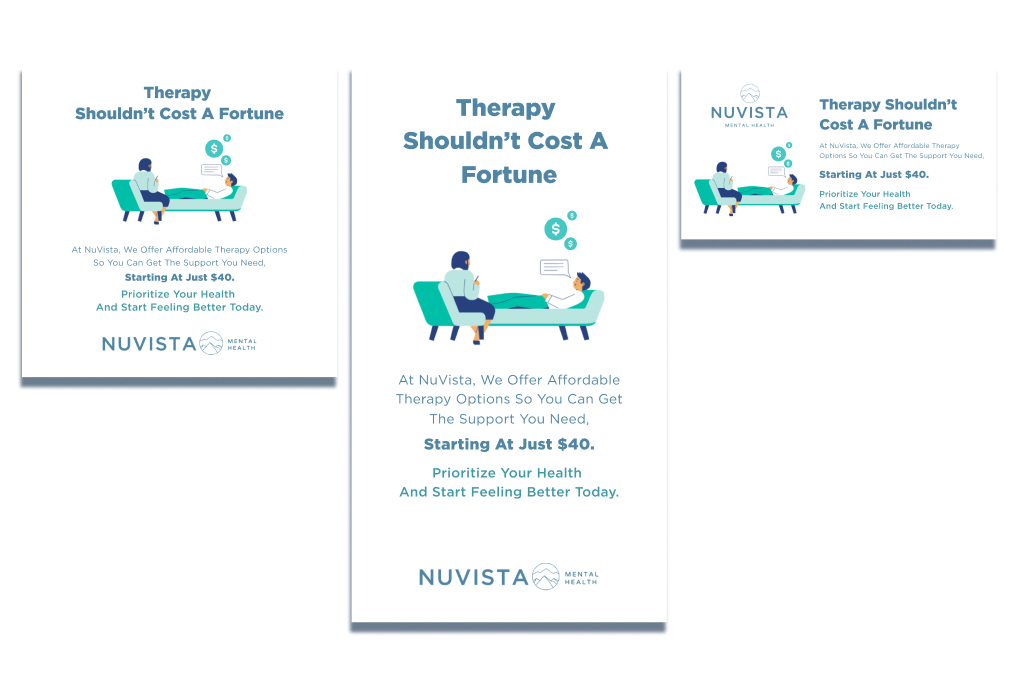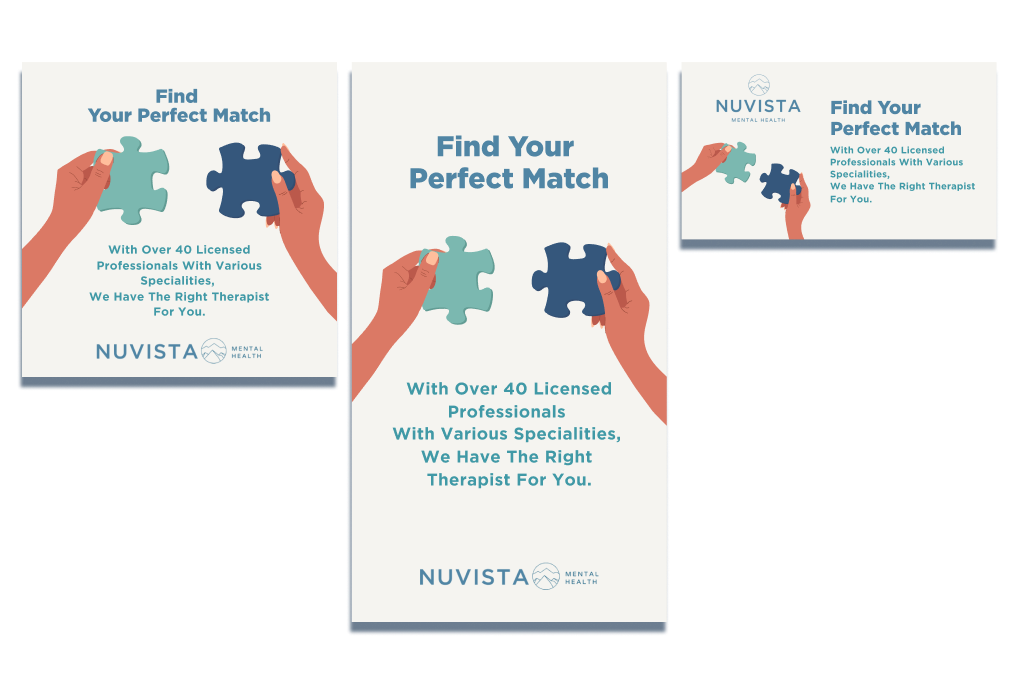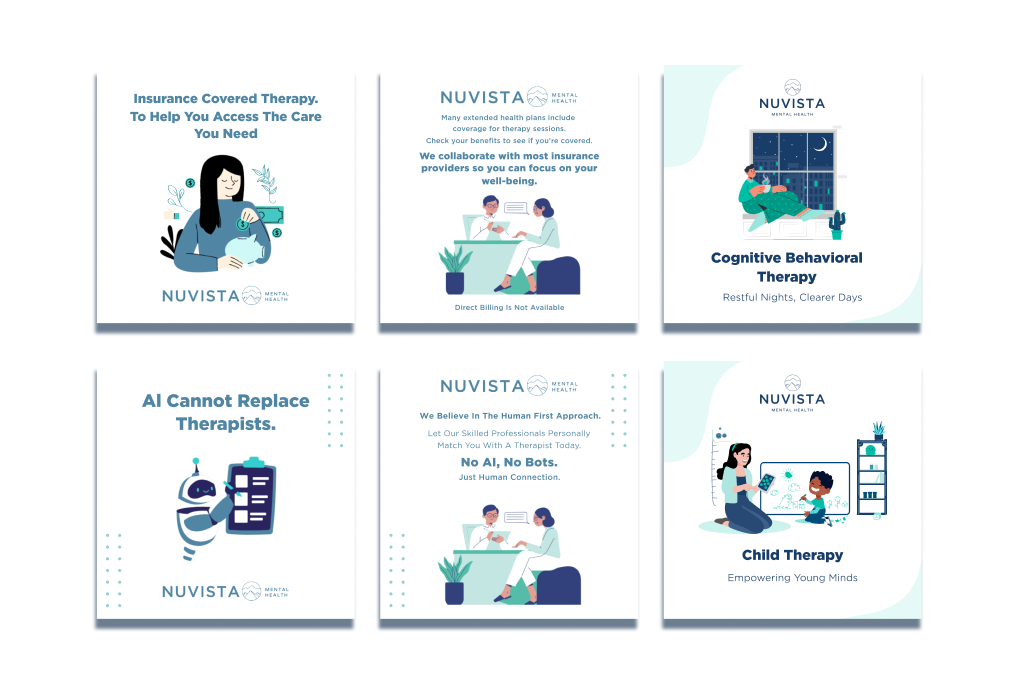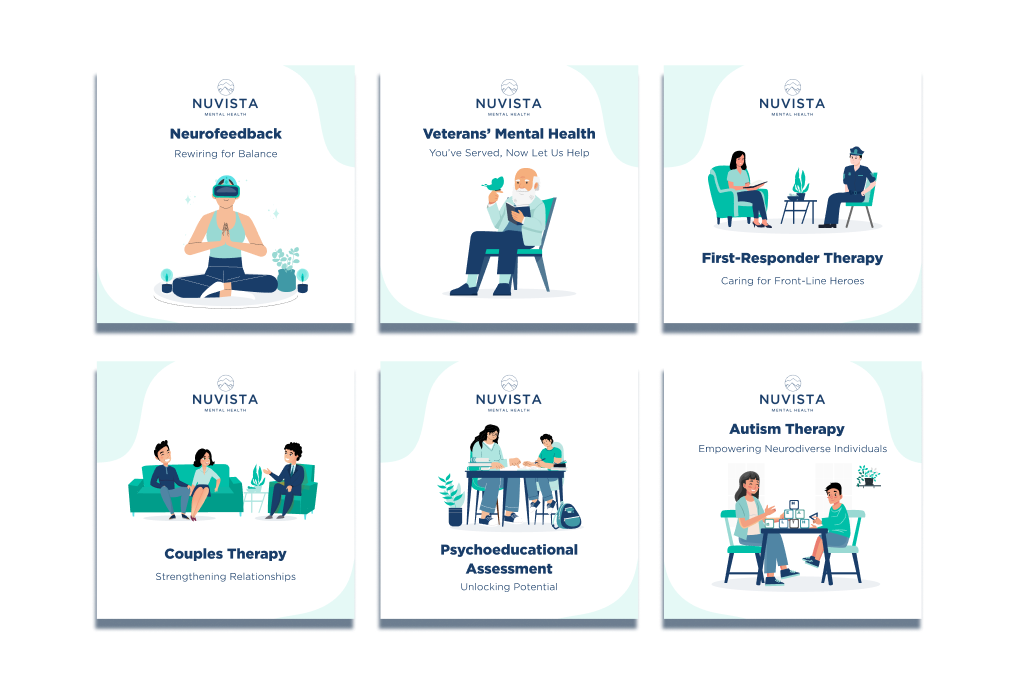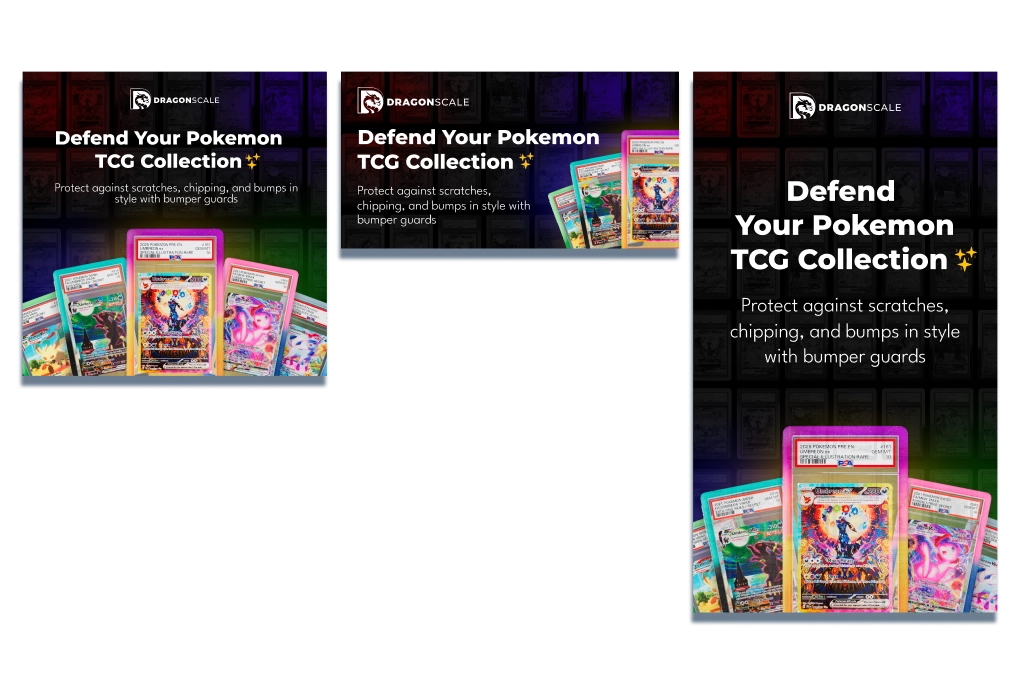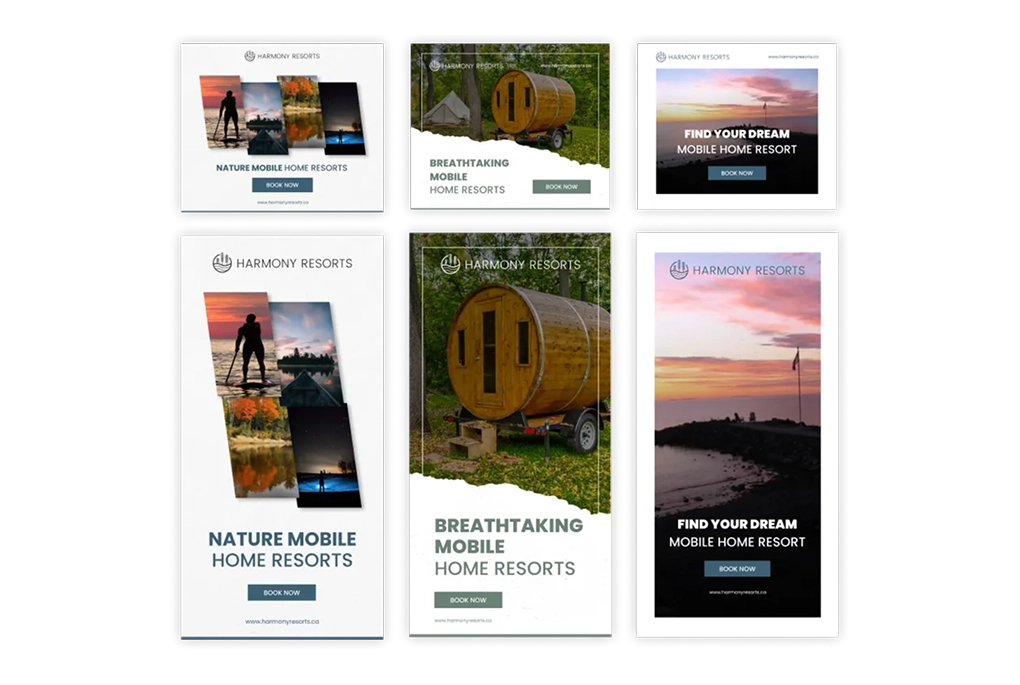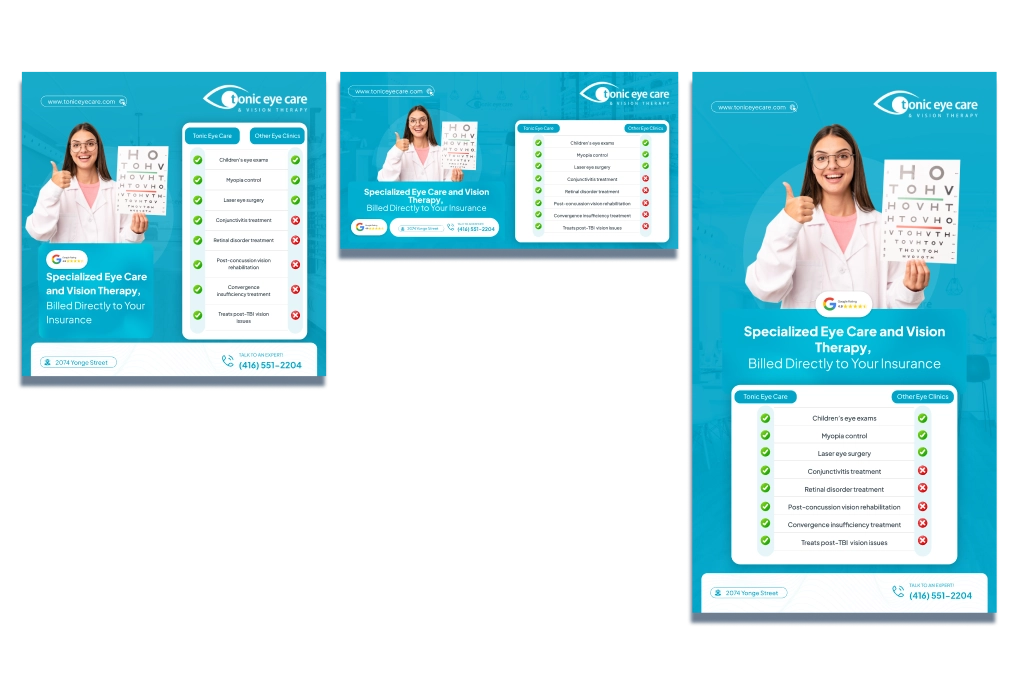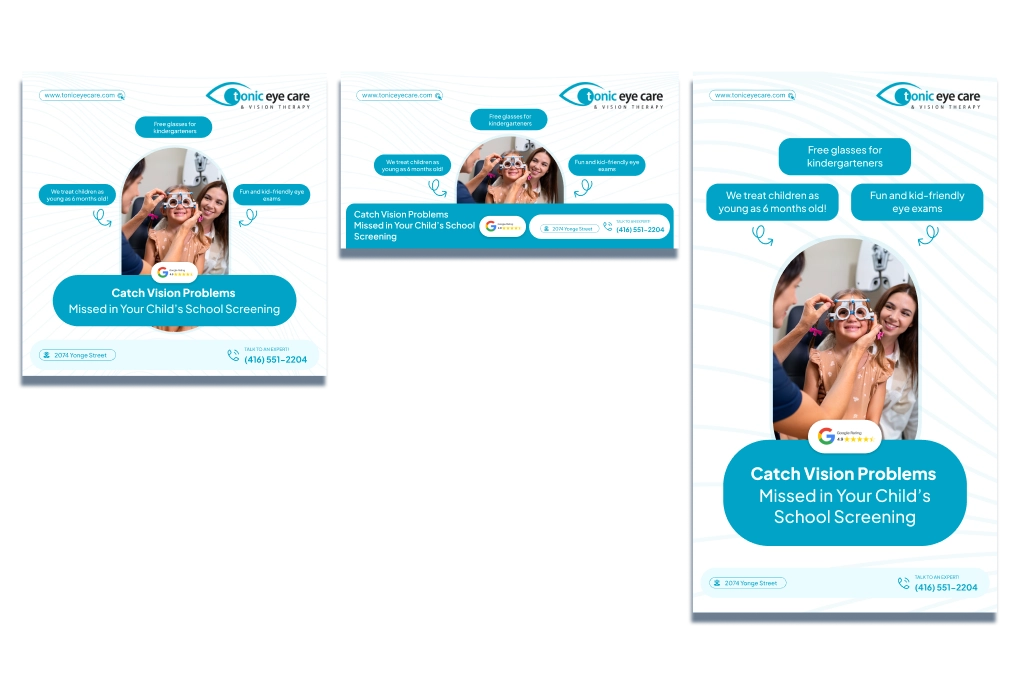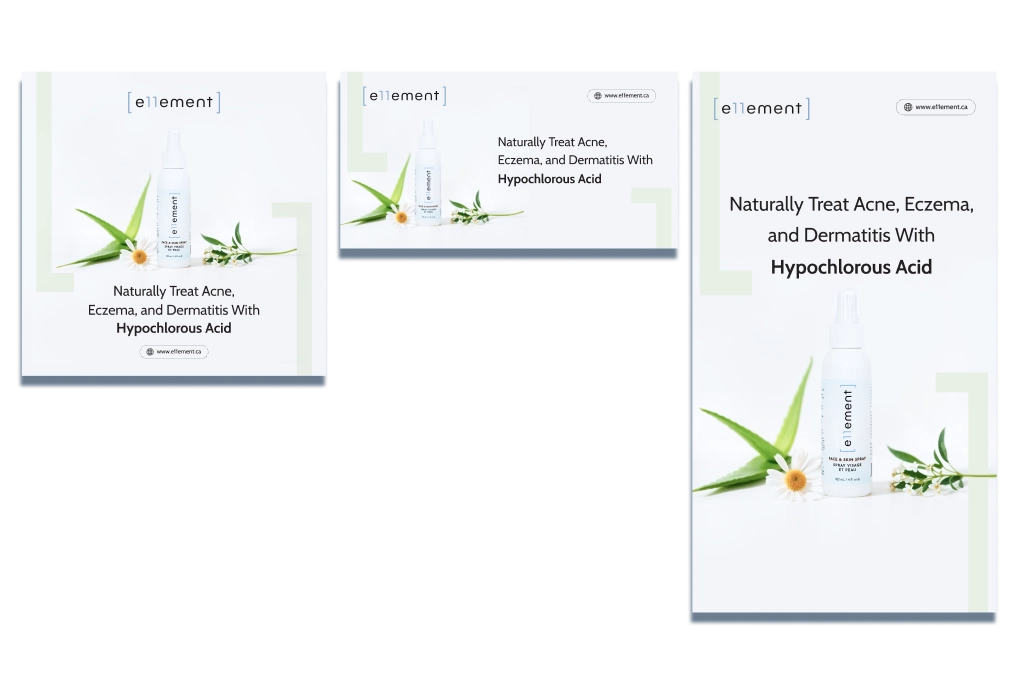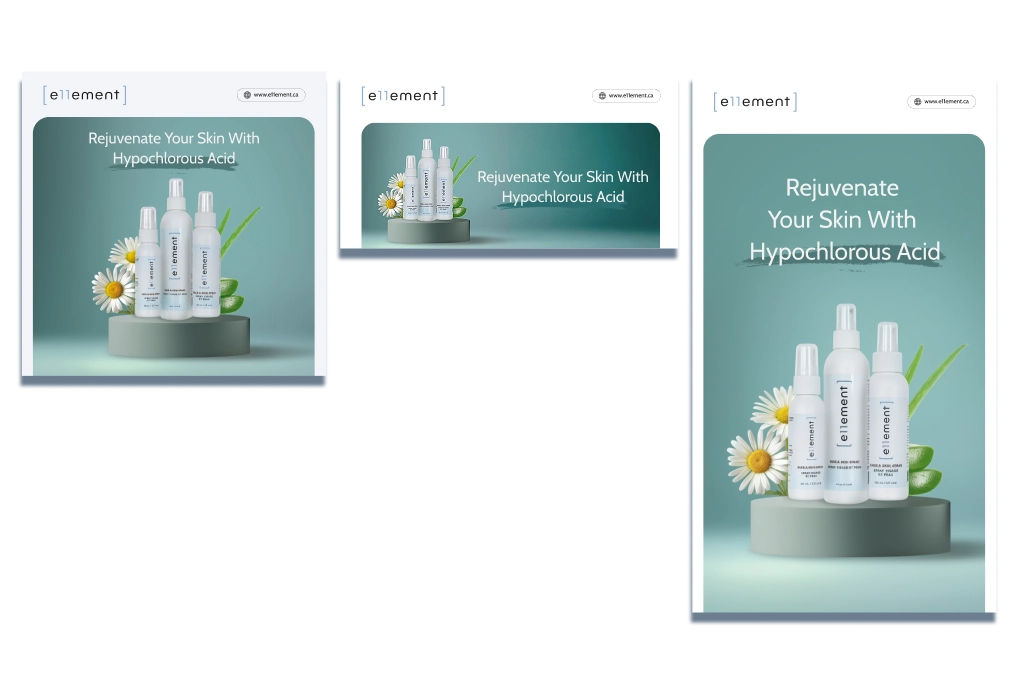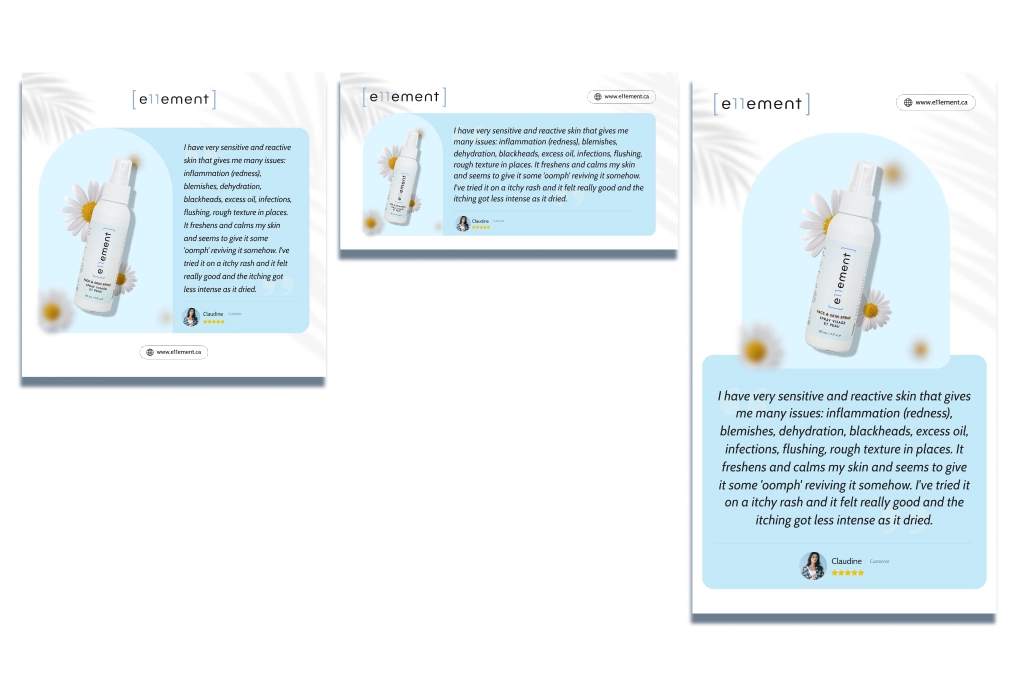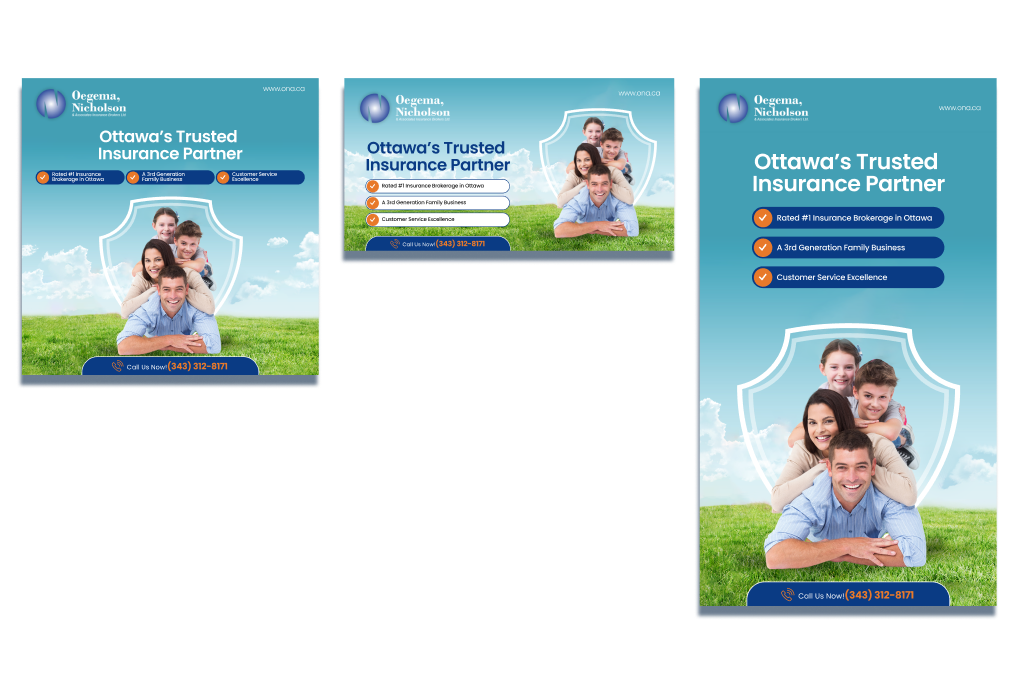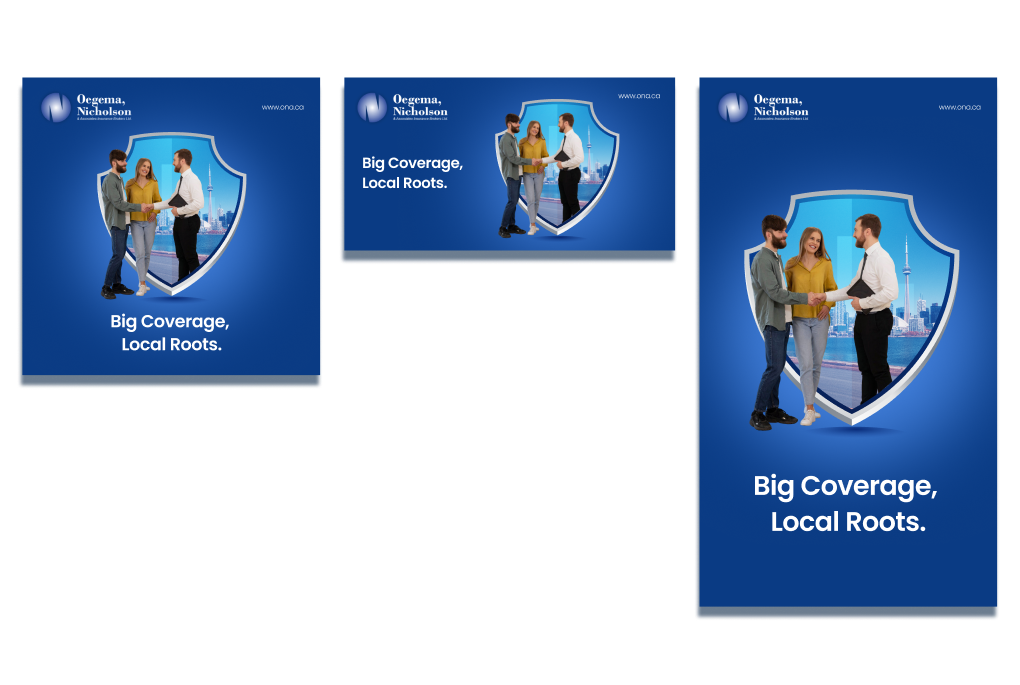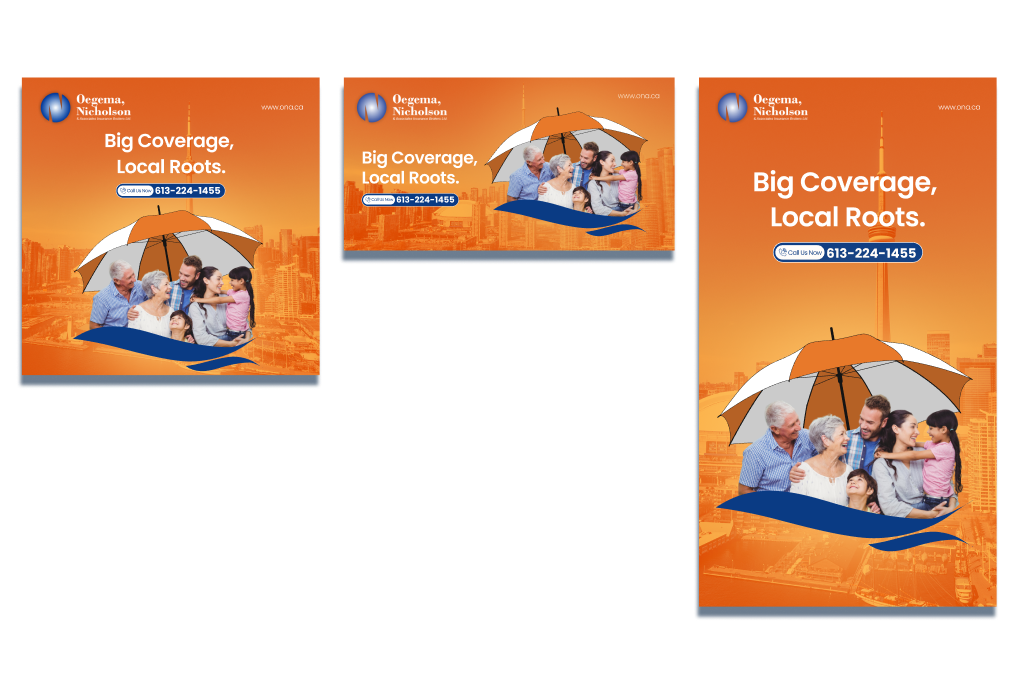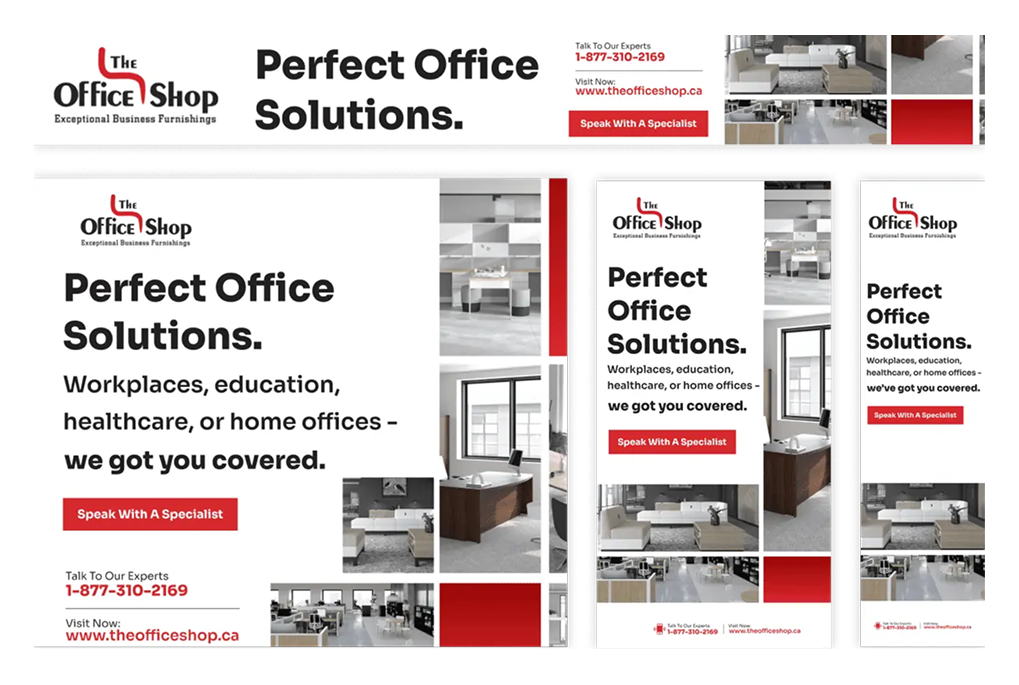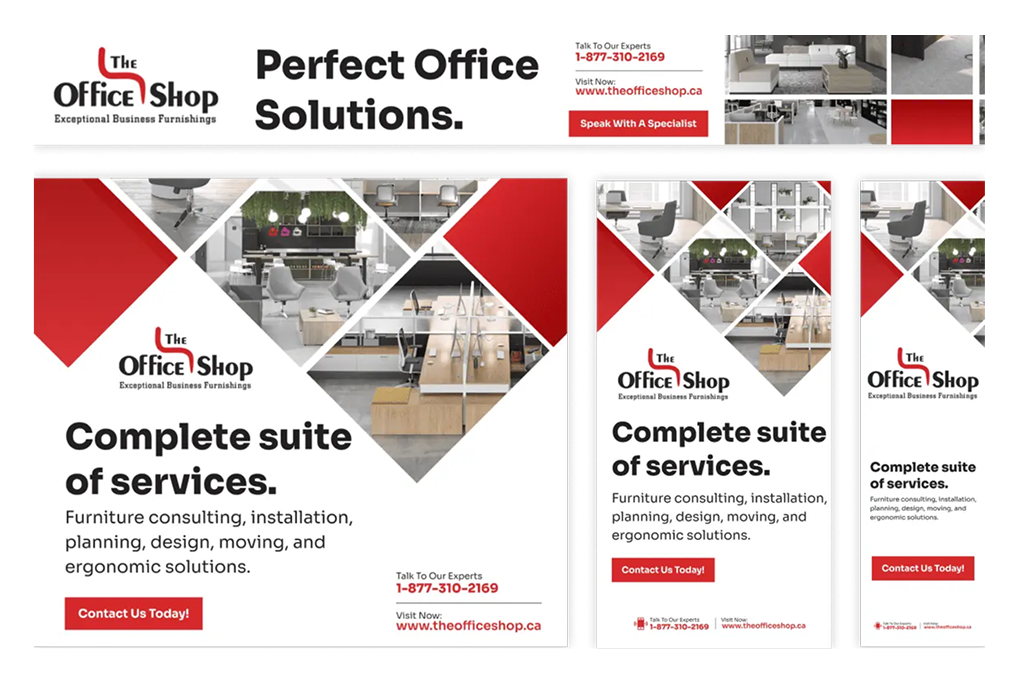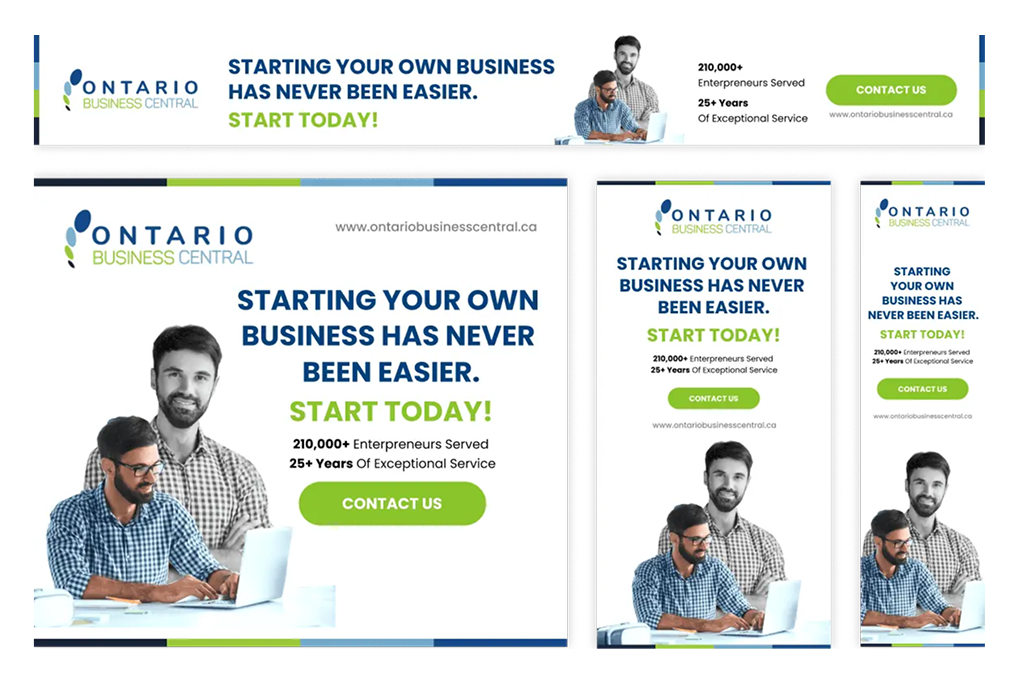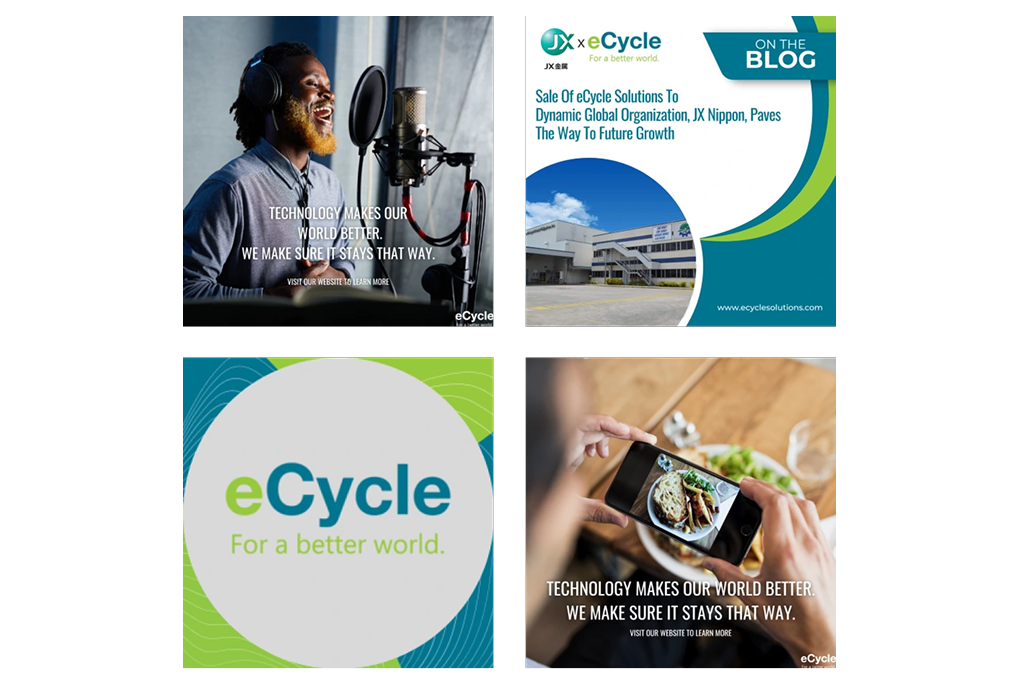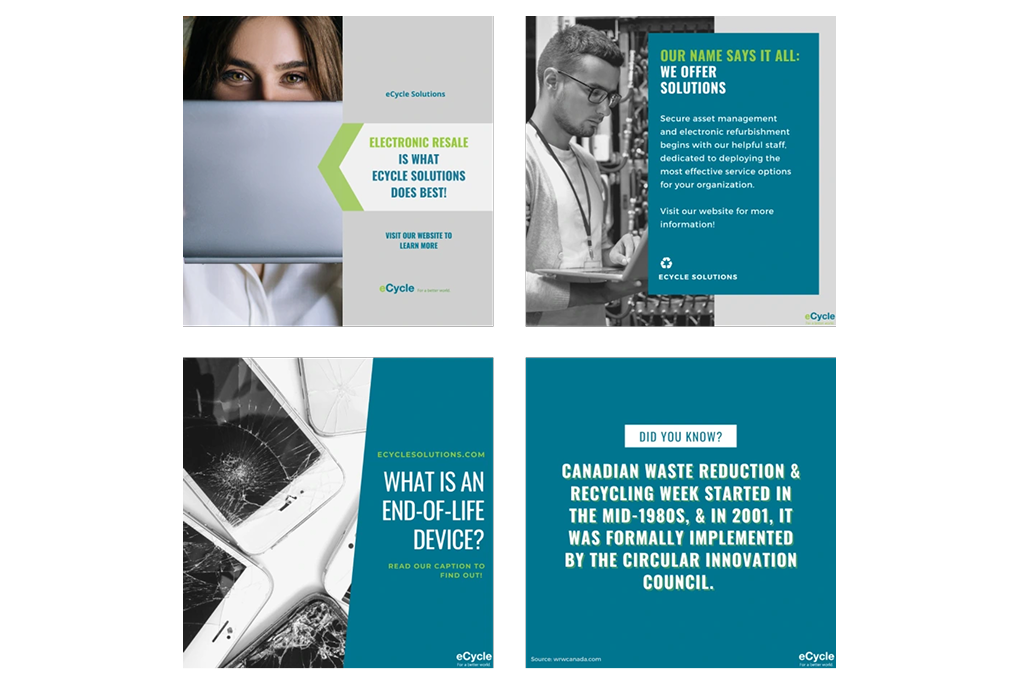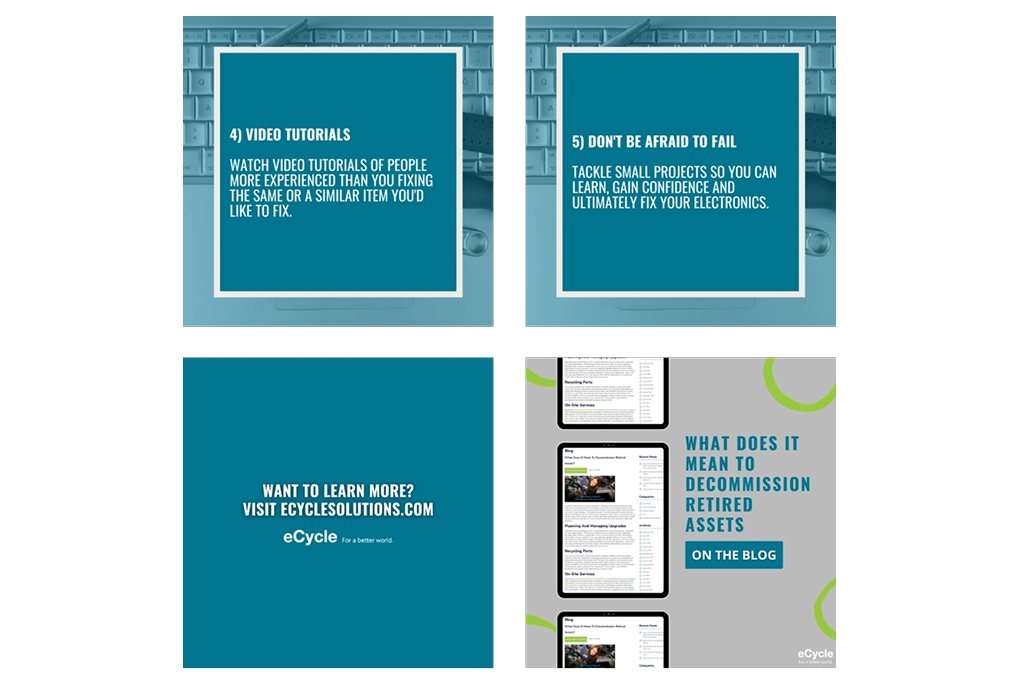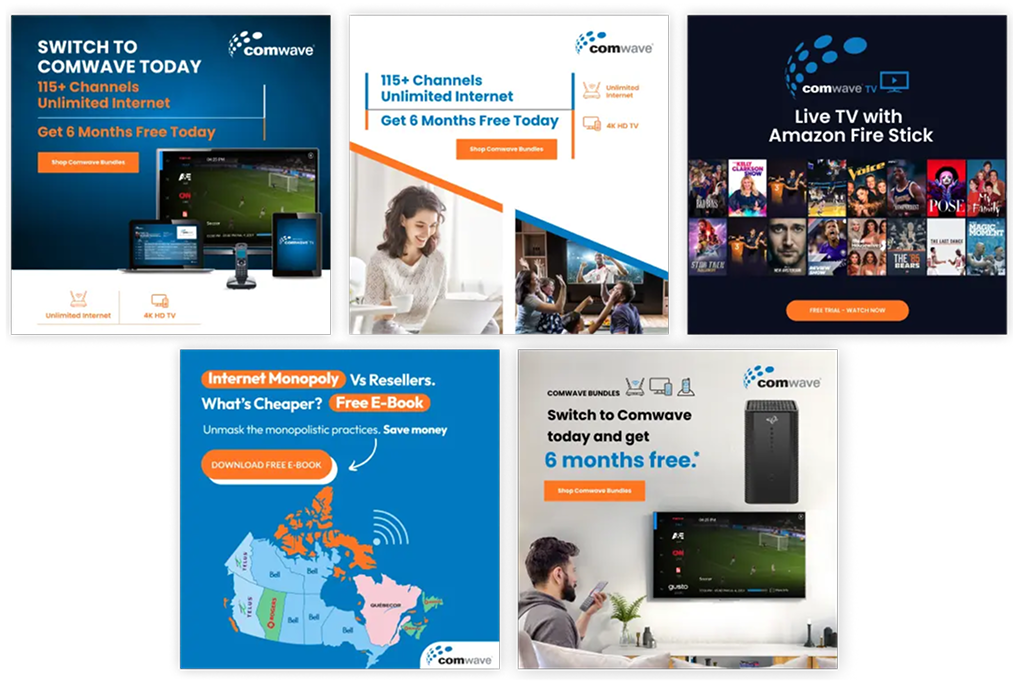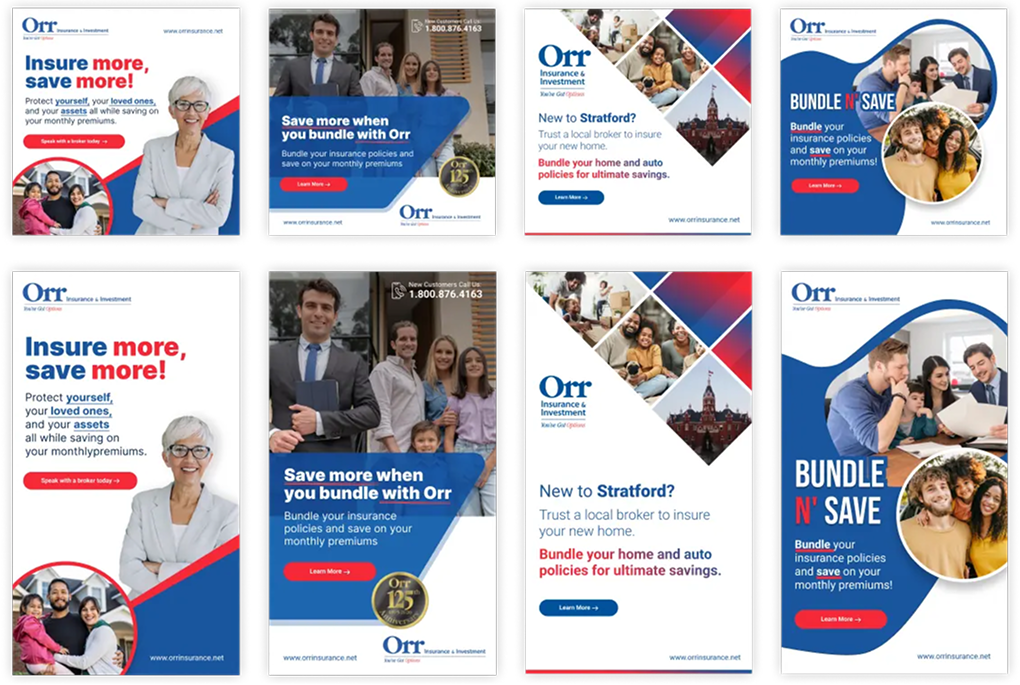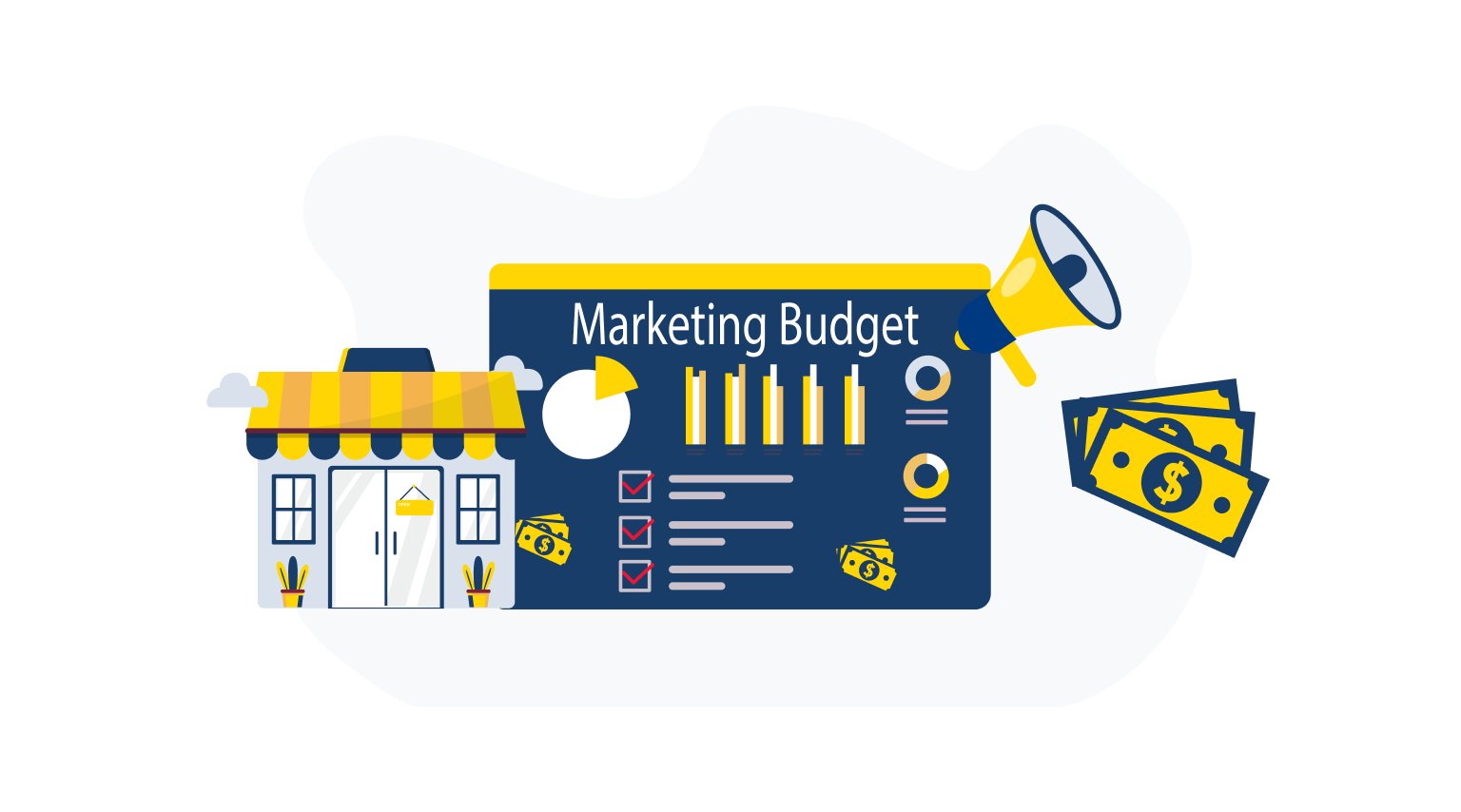
- Author: Grace Natarelli
- Digital Transformation
Digital Advertising Rules for Health Products in Canada

Whether you’re new to the Canadian health product market or a seasoned business, navigating the country’s strict advertising regulations can be challenging—but understanding and following these rules is essential for building a trustworthy and successful brand.
Promoting health products in Canada can be challenging due to strict regulations designed to protect consumers and ensure that the information they receive is accurate. For businesses in the health sector, adhering to these rules is vital for compliance and crucial for establishing trust with their audience.
Businesses need to understand multiple regulations, from Health Canada’s guidelines to platform-specific rules on Google, Meta (Facebook and Instagram), and TikTok. But compliance is only part of the equation.
Companies must also craft clear, evidence-based messages that not only meet legal standards but also resonate with their audience. Striking the right balance between following the rules and staying creative can be challenging, but it’s essential for building trust and avoiding legal issues.
Staying on top of these regulations isn’t just about avoiding penalties—it’s about earning your customers’ trust and standing out in a competitive market.
To navigate Canada’s health product advertising rules confidently, we will examine what you need to know.
Understanding Health Canada’s Guidelines
At the heart of health product advertising rules in Canada are the regulations set forth by Health Canada.
This government body oversees the promotion of pharmaceuticals, natural health products, medical devices, and other health-related items.
The key legislative frameworks guiding these advertisements include the Food and Drugs Act and the Natural Health Products Regulations. These laws are designed to protect consumers from misleading claims while ensuring that health products are marketed accurately and responsibly.
Under these regulations, health product advertising must be truthful, balanced, and not misleading. Companies cannot make claims about a product’s benefits unless scientific evidence approved by Health Canada supports these claims.
For example, promoting a supplement as a “cure” for a disease without proper approval violates Health Canada digital advertising guidelines and could result in significant penalties.
Misrepresentation of this kind not only risks legal consequences but also undermines consumer confidence.
While the public may be targeted with general information about what a product is and its price, any direct therapeutic claims must be limited and supported by Health Canada-approved evidence. For example, an ad can say a pain relief product “reduces headaches,” but it cannot claim to “cure migraines” without explicit approval.
Advertising Rules for Health Products by Digital Platform
Google Ads Policy for Supplements and Health Products
When dealing with digital platforms, each one has specific guidelines for promoting health products.
As one of the leading advertising platforms, Google enforces strict policies regarding supplement advertising.
According to Google Ads policy, promoting supplements deemed unsafe or not approved by regulatory authorities is prohibited. This includes supplements that contain harmful ingredients or make unsubstantiated health claims.
Advertisers must comply with Google’s specific advertising policies and local regulations.
In Canada, this means ensuring that any health product being promoted is registered with Health Canada and that all claims align with approved product licenses. Advertisers cannot use sensationalist language or suggest that a product provides guaranteed results. For instance, claims like “Lose 10 pounds in a week!” or “Cure your insomnia instantly” are prohibited.
Companies should emphasize clear and truthful communication that aligns with the verified uses of their products in all Google Ads.
Google Ads Policy Summarized
- Products must be Health Canada-approved and legally compliant.
- Exaggerated claims (e.g., rapid weight loss, instant cures) are prohibited.
- Truthful and clear communication is mandatory.
Facebook Ads for Health Products
Meta’s advertising platforms, which include Facebook and Instagram, also maintain detailed guidelines regarding health product promotions.
Facebook ads for health products must not make misleading claims, use fear tactics, or promote unsafe or unapproved products. Similar to Google, Meta requires advertisers to follow local laws, meaning that Health Canada’s regulations apply to any ad targeting Canadian consumers.
One of the most scrutinized areas on Meta platforms involves the use of testimonials and before-and-after images. While these can be powerful marketing tools, they must comply with the truth-in-advertising principle. For instance, a skincare brand cannot showcase a dramatic transformation unless the images accurately depict typical results.
All claims in Facebook ads for health products must be backed by scientific evidence and approved by the relevant regulatory body. Meta also has strict guidelines on how sensitive health topics are presented.
Advertisers should avoid content that plays on personal insecurities or health concerns. For instance, an ad can’t suggest that someone needs a weight-loss supplement to be more attractive. Instead, the focus should be on highlighting the product’s benefits clearly and respectfully.
Meta Ads for Rules Summarized:
- Avoid misleading claims, fear-based messaging, or unsafe products.
- Testimonials and before-and-after images must represent typical, verifiable results.
- Sensitive health topics must be addressed respectfully and factually.
TikTok Ads for Health and Wellness Products
TikTok’s rapid growth as a marketing channel has introduced its rules. Health product promotions on the platform are strictly regulated to prevent misleading or harmful content from reaching vulnerable audiences.
TikTok prioritizes responsible marketing, especially when it comes to health and wellness claims.
For Canadian advertisers, it’s crucial to ensure that any health product promoted on TikTok is legally approved and complies with Health Canada’s digital advertising guidelines. The platform prohibits the promotion of unlicensed health products and restricts claims that lack scientific evidence.
For instance, advertising a detox tea with promises of rapid weight loss would violate both TikTok’s policies and Health Canada’s standards.
TikTok also enforces clear guidelines for influencer marketing. Any collaboration with influencers to promote health products must include transparent disclosures indicating that the content is sponsored.
All information must be accurate, and influencers are prohibited from making exaggerated or unverified health claims. This is particularly crucial on TikTok, where the younger audience is considered more impressionable and vulnerable to misleading health messages.
TikTok Ads Rules Summarized:
- Ads must comply with Health Canada’s regulations and TikTok’s policies.
- Influencer content must disclose sponsorships transparently.
- Avoid unverified or exaggerated health claims, especially given TikTok’s young audience
Best Practices for Compliant Digital Advertising of Health Products in Canada
Staying compliant with health product advertising rules in Canada across digital platforms requires a multi-faceted approach.
First and foremost, businesses should ensure that all health-related claims are supported by robust scientific evidence and align with Health Canada’s guidelines. This includes registering products as required and obtaining appropriate licenses before launching any advertising campaign.
Equally important is tailoring advertising content to meet the unique policies of each digital platform. Google Ads policy for supplements, for example, prohibits exaggerated claims and unapproved products, while Meta’s Facebook ads for health products focus on truthfulness and respect for user sensitivities. TikTok health product promotions add another layer of complexity with strict requirements for influencer disclosures and content accuracy.
Ongoing monitoring and review of advertising content are vital to maintaining compliance. Regulations and platform policies can change over time, meaning that yesterday’s compliant ad could violate today’s rules.
Businesses should work closely with legal and regulatory experts to ensure their digital marketing strategies remain aligned with current laws.
Ultimately, these regulations aim to protect consumers while fostering a fair and transparent marketplace.
By adhering to Health Canada digital advertising guidelines and respecting platform-specific policies, businesses can effectively promote their health products while building consumer trust and ensuring long-term success in the Canadian market.
Stay Compliant and Confident with Expert Marketing Support
Advertising health products in Canada can be challenging, with strict federal regulations and platform-specific policies to follow. From backing up claims with scientific evidence to meeting social media guidelines, staying compliant is crucial for protecting your brand and earning customer trust.
Working with a digital marketing agency that understands these rules can save you time, minimize risks, and boost your campaign’s success. With a team like Consultus Digital by your side, you can confidently promote your health products while staying within legal limits.
Don’t leave your marketing to chance. Partner with professionals who know the regulations inside and out. Contact us to learn more!
Recommended Articles
This Month's Strategy Can Define Your Year - Don't Miss Out!

4.9 stars from 43 entrepreneurs


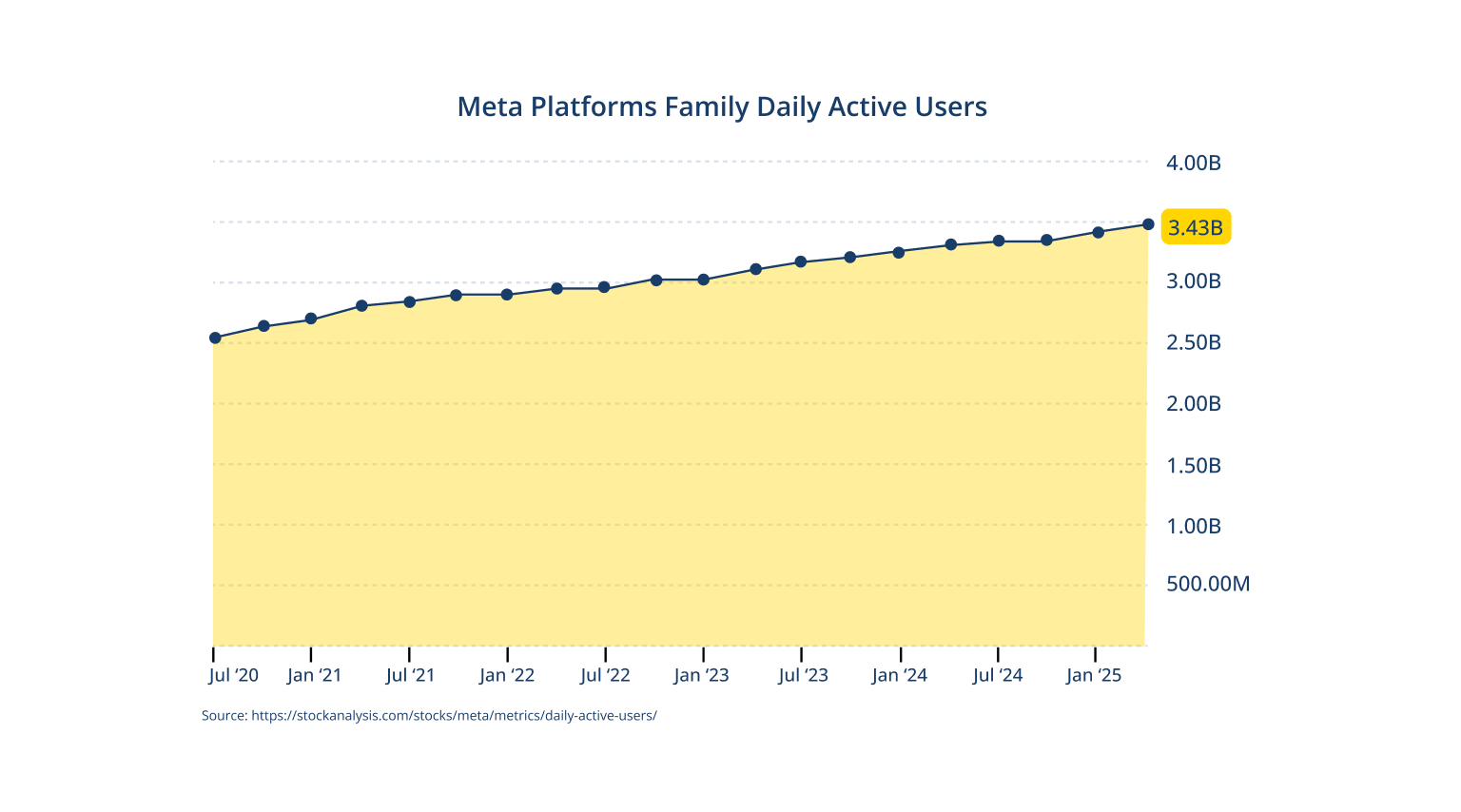
 416-460-1810
416-460-1810

